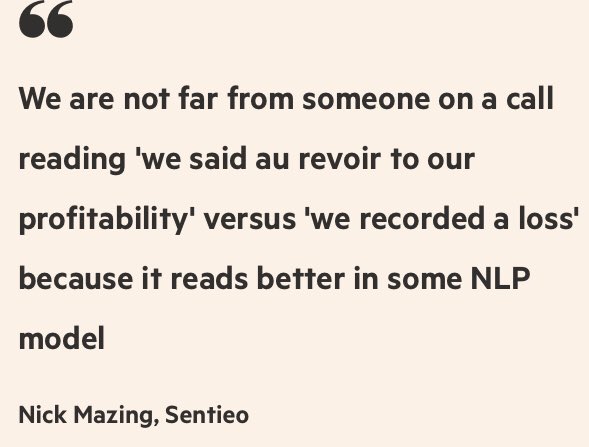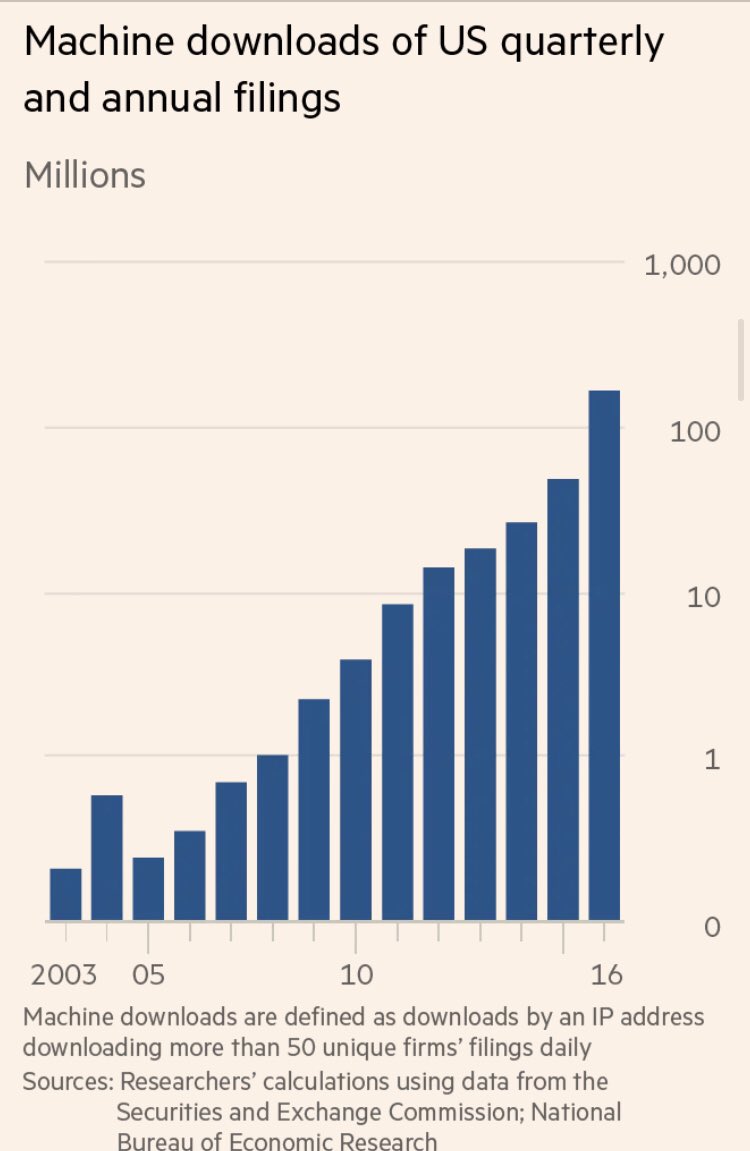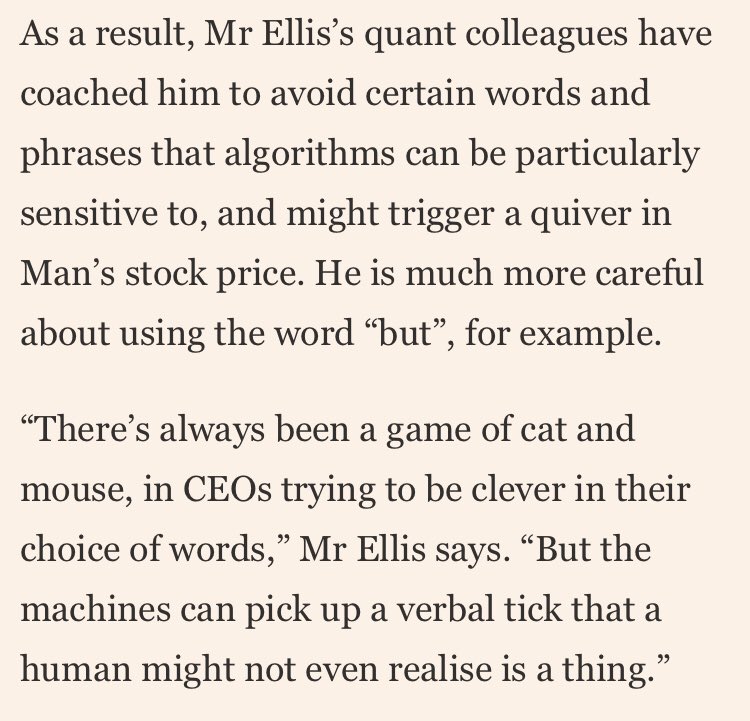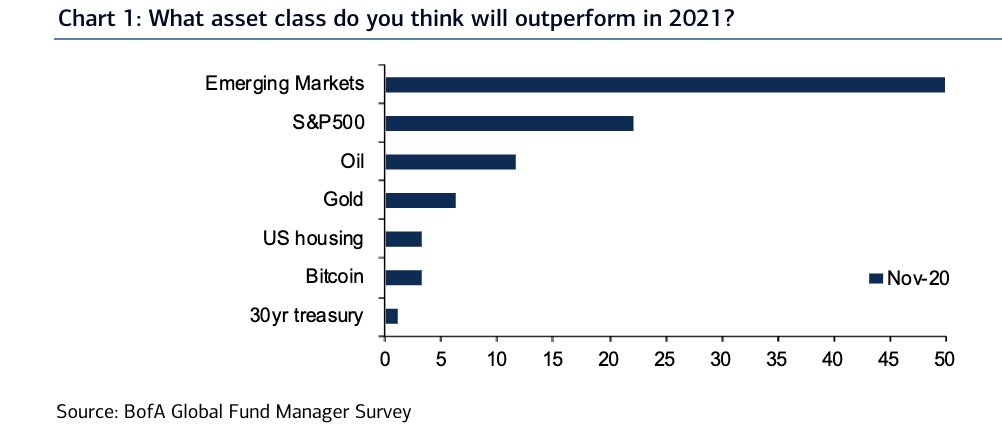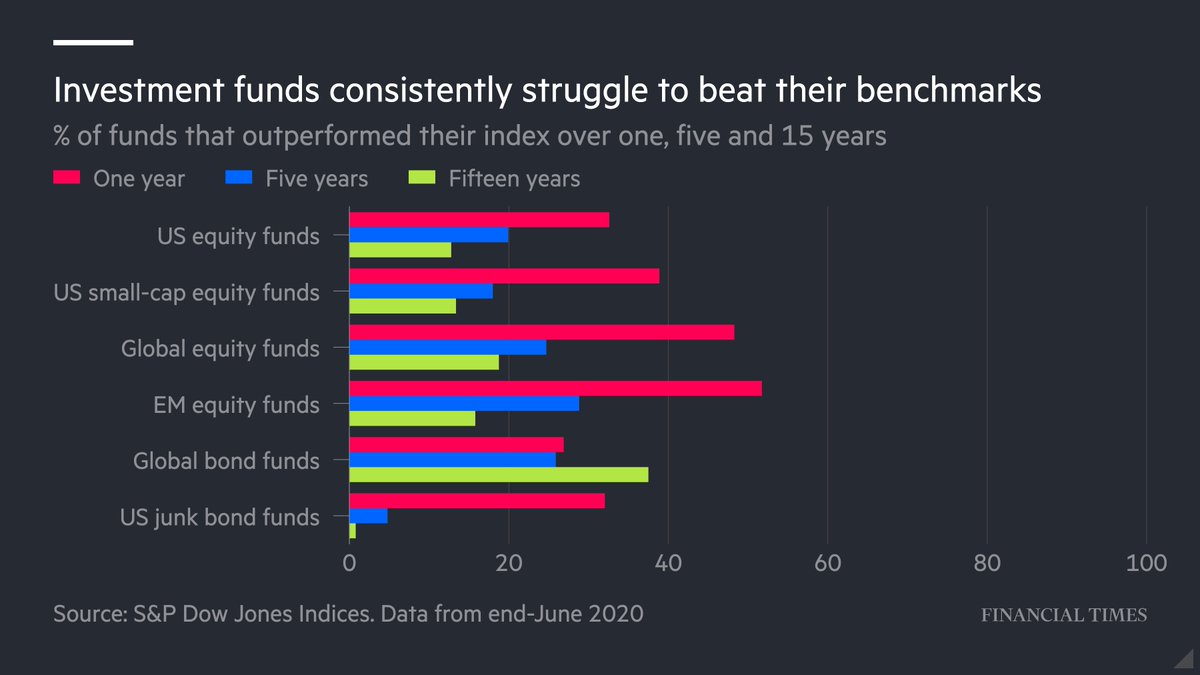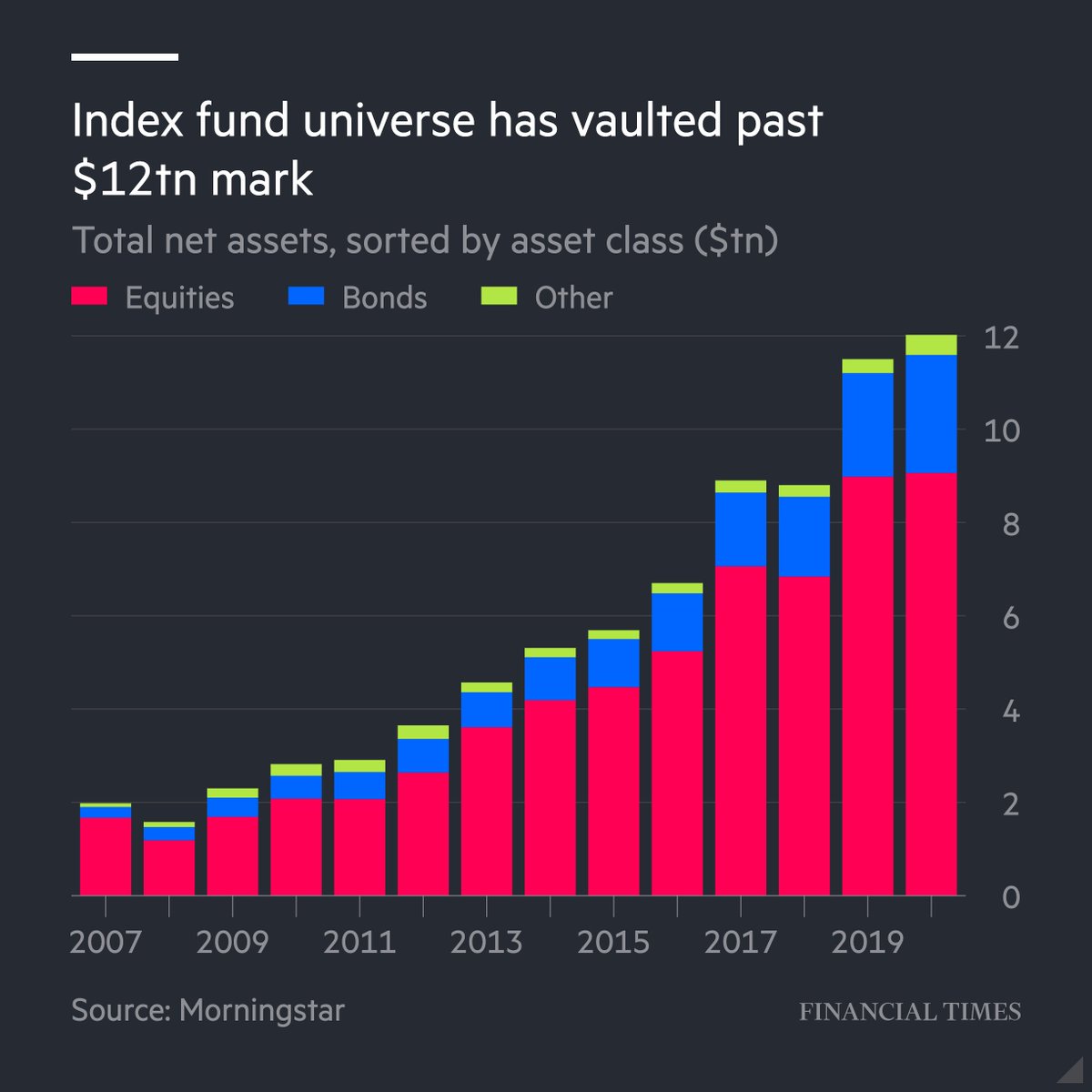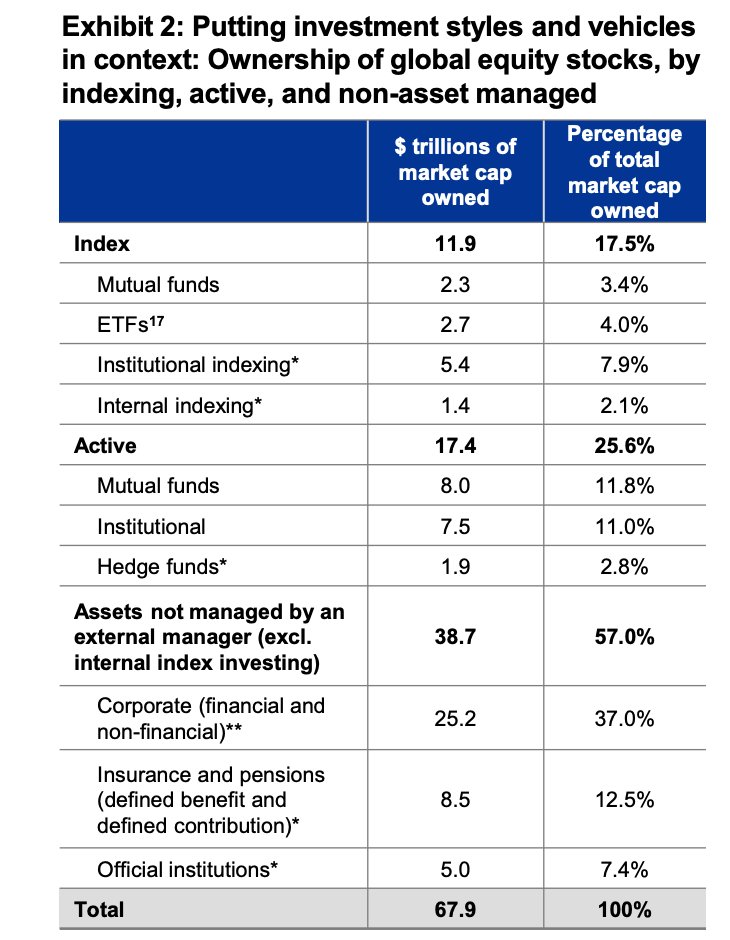
This is great, as you’d expect. But IMO the missing part of a lot of the discussion around the hedge fund basis trade unwind in March is what *could* have happened. 1/n
https://twitter.com/adam_tooze/status/1335841472944304128
Yes, hedge fund selling of Treasuries was in pure nominal quantity certainly less impactful than the broad, global “dash for cash” that led foreign central banks and mutual funds to dump Treasuries.
That dash for cash overwhelmed market-makers, and caused the off-the-run/on-the-run and cash-v-futures dislocations. That in turn impacted Treasury relative-value trades at hedge funds. So one can see them as “victims” rather than “culprits”. At least in the initial stages.
BUT that doesn’t mean that the basis trade didn’t start to unravel and exacerbated the “dash for cash” dynamic and worsened the dislocations.
A lot of the biggest Treasury RV players have *major* clout with the big banks, and were probably able to hang on to positions, while smaller and more leveraged players got shaken out. That explains why scale isn’t quite as big as foreign central banks etc.
But if the Fed hadn’t acted decisively when it did, it seems clear to me that even the bigger hedge funds would probably have been margined out of the trades, causing a mass disorderly unwind of most of the Treasury RV trades.
That would have absolutely hammered the Treasury market at a time when it was already reeling from the massive global dash for cash. So I think the basis trade was initially a victim, later an exacerbator AND ultimately a potentially systemic risk for Treasuries in March.
Counterfactual history is obvs iffy, and hard to image a scenario where Fed wouldn’t have acted aggressively. But think some of the studies that *purely* look at what hedge funds sold in March & conclude “nothing to see here” are either being naive or deliberately disingenuous.
• • •
Missing some Tweet in this thread? You can try to
force a refresh

